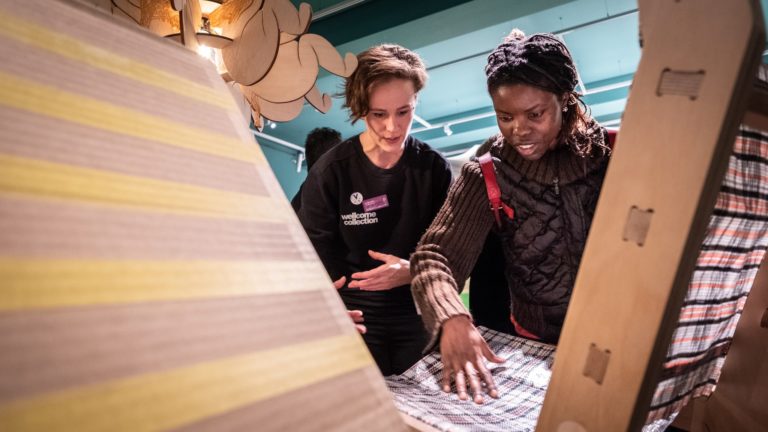We are pleased to announce the publication of the Museum and Heritage Access 2020 Survey report.
In 2018 we, along with VocalEyes and Autism in Museums, ran an audit of the online access information provided by 1700 accredited UK museums, with the intention of repeating the survey two years later. In January 2020, we decided to shift our focus and instead seek the opinions of those people who use access services, facilities and events at UK museums, and their personal assistants and companions.
About two weeks before the survey was due to go live online, the UK went into lockdown because of the coronavirus pandemic, and museums and heritage sites around the country closed to the public. Aware that the pandemic would have significant impact on visitors’ experiences and patterns of visiting as they re-open, we decided to go ahead with the survey as it was. Because it asked people to reflect on visits to venues that they had made in the previous 12 months, we felt that it would provide a useful and important benchmark in the future.
Download the report: PDF or Large Print Word
Nearly all respondents to the survey stated that they would like to visit museums and heritage sites more regularly, and the top three things selected as enablers for this were: more access information (online and available via phone or email enquiry), more accessible events (audio-described, captioned, signed, relaxed or autism-friendly) and better staff awareness, through training, CPD opportunities and above all, good leadership. None of these areas involve capital or major investment, and are all achievable with creativity and collaboration. There are opportunities to share collections in new ways, and include visitors far beyond the museum walls. As we recover and reopen, let’s not leave anyone behind.
This month (October 2020) also marks a decade since the Equality Act 2010 became law, time in which huge gains have been made in access and inclusion in the arts and cultural sector, bringing a positive impact to the lives of millions of Deaf, disabled and neurodivergent people resident in the UK and those visiting. This report also plays a role in the broader Audience Access Alliance, of which Stagetext and VocalEyes are members, which campaigns to ensure that when venues reopen they are fully inclusive for everyone (#BuildingBackForAll) and that the ten years of progress are not lost.




